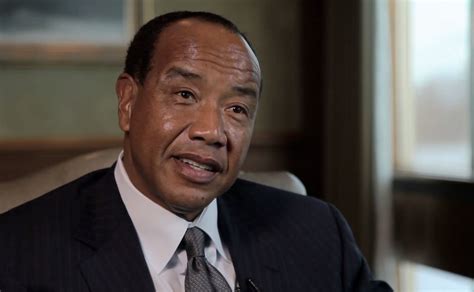A Quote by Seth Klarman
If an asset has cash flow or the likelihood of cash flow in the near term and is not purely dependment on what a future buyer might pay, then it's an investment. If an asset's value is totally dependent on the amount a future buyer might pay, then its purchase is speculation.
Related Quotes
The essence of a good investment manager is one who studies a given business and extrapolates the future cash flows that the business is likely to generate over the next several years. Based on the cash flow and asset assessment, they can then arrive at their expected rate of return if they bought a fraction of that business at a given price.
What we define as a bubble is any kind of debt-fueled asset inflation where the cash flow generated by the asset itself - a rental property, office building, condo - does not cover the debt incurred to buy the asset. So you depend on a greater fool, if you will, to come in and buy at a higher price.
In general, an asset should be sold when it has greater value to a buyer. This happens when a buyer has a complimentary business or capability that would enable them to do more with that business. Many businesses we have exited were not failures, but had simply reached a point in their life cycle where they no longer provided a core capability or served as a platform for growth.
An argument is made that there are just too many question marks about the near future; wouldn't it be better to wait until things clear up a bit? You know the prose: "Maintain buying reserves until current uncertainties are resolved," etc. Before reaching for that crutch, face up to two unpleasant facts: The future is never clear and you pay a very high price for a cheery consensus. Uncertainty actually is the friend of the buyer of long-term values.































